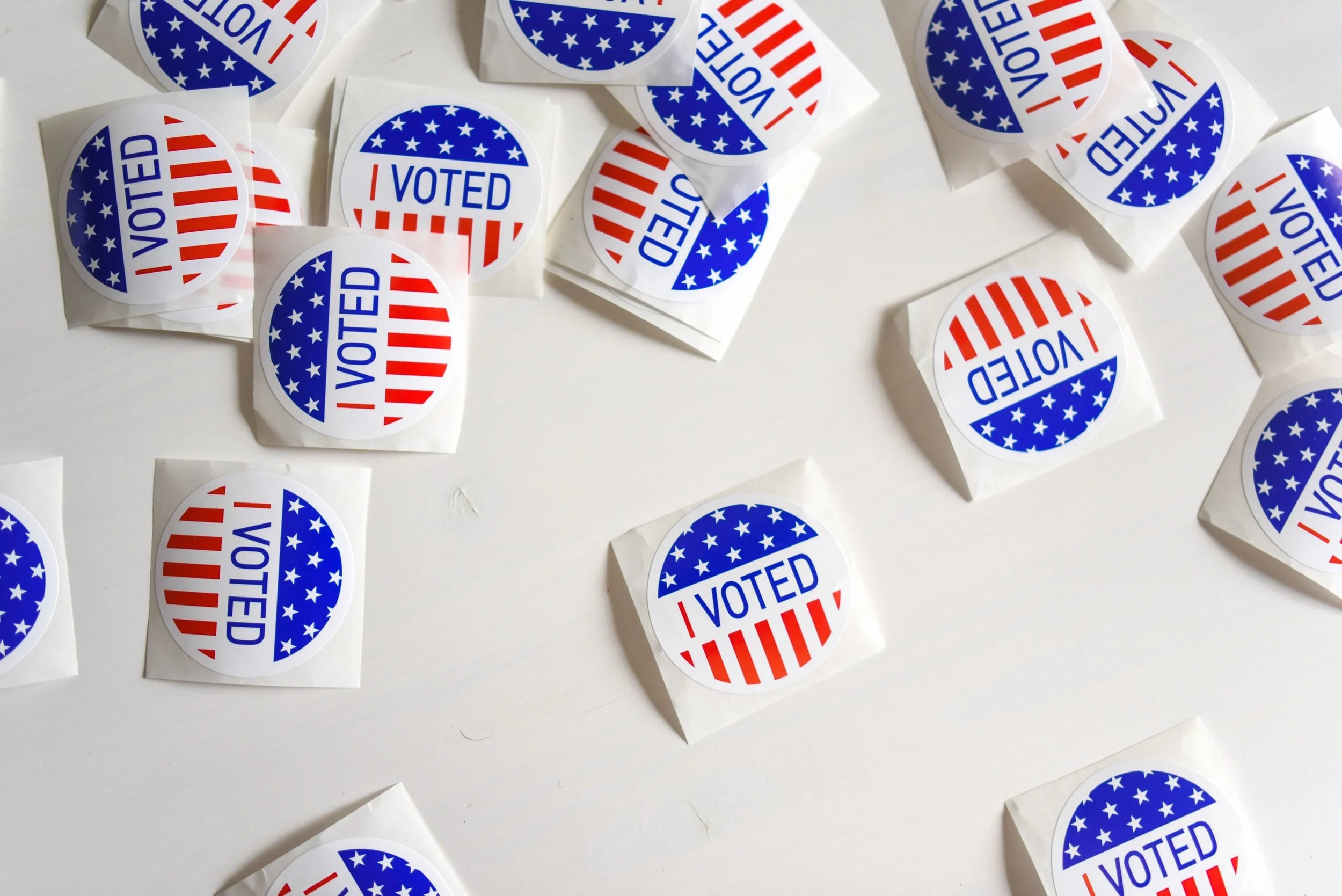A Voting Rights Bill That Both Democrats and Republicans Can Support
A Voting Rights Bill That Both Democrats and Republicans Can Support
By Joshua Douglas, The Washington Monthly, October 22, 2021
Republicans have killed the latest attempt to fix our democracy. But it doesn’t have to be this way. Indeed, if Senator Mitch McConnell of Kentucky truly cares about American democracy (as he professed to after the January 6 insurrection), then he should look to the example of election compromise from his home state. Instead of reflexively blocking any bill that would improve our elections—as he is wont to do—he should engage in a real dialogue with Democrats about their proposed voting reform bill and negotiate in good faith.
Alas, Senate Republicans have other ideas. On October 20, they unanimously voted against moving forward with the Democratic-proposed Freedom to Vote Act without even engaging on its merits. (The procedural measure to stop debate succeeded on a 51–49 vote, with all 50 Republicans and Democratic Majority Leader Chuck Schumer voting yes to end consideration of the measure; Schumer voted yes simply to preserve his ability to bring the bill up again.)
There’s a lot in the proposal that both sides should like, as it would drastically improve our election system. It would require states to have early voting, expand mail-in voting, make voter registration easier, require independent redistricting, and promote election security. There is nothing radical in the legislation; in fact, these are all things that some states do already.
Many of the provisions have no partisan implications. For example, the bill would require states to use voting machines that offer a paper trail and impose rules for transparent, professional post-election audits. The law would also create uniform standards for photo ID requirements.
Democrats have already pared down the proposal because of the advocacy of Senator Joe Manchin, whose vote is necessary to pass the law. Manchin’s goal was to attract the votes of some Republicans in the spirit of compromise and good governance. A bill that gains support from both sides will be seen as more legitimate. McConnell, however, has saidthat the law is dead on arrival. Sure enough, he and other Republicans have now filibustered the bill.
But if McConnell looked to Kentucky, the state he represents, he would see that election reform is best done when both sides come to the negotiating table and hammer out an acceptable compromise. In 2020, Kentucky enacted a new photo ID requirement for voting, but it is one of the mildest such laws in the country. Many kinds of identification suffice, and there are meaningful fail-safe mechanisms for voters who do not have an ID. The reason the law is so reasonable is that proponents, including Republican Secretary of State Michael Adams, listened to Democrats and advocacy groups who objected and made meaningful changes to the law before passage.
Then, in 2021, Kentucky made national news by enacting a pro-voter measure that eased access to the ballot and improved election security. Those two ideals are not mutually exclusive: For example, allowing absentee voters to request their ballots through an online portal makes it easier to vote while also allowing the state to track the ballot, improving the integrity of the process. Adding early voting days obviously improves access, but it also helps election officials monitor voting more easily when the lines are shorter over several days. The bill passed with overwhelming support from both Democrats and Republicans, and Democratic Governor Andy Beshear signed it into law.
That’s not to suggest that Kentucky’s election rules are the perfect model. For instance, the state now has only three days of early voting, which isn’t as many as most other states, but it’s substantially better than the zero days offered before. The point, though, is that Democrats and Republicans were able to craft a law that fulfilled both parties’ objectives: to make it easier to vote while also addressing security concerns.
Democrats in Congress are trying to negotiate a reasonable bill. They have added sweeteners that should attract Republican support, such as standard rules for photo ID requirements and security measures on paper ballots and post-election audits. It’s high time for Republicans to come to the table as well.
Of course, the whole point of negotiation is to create a better bill. Perhaps a federal mandate of two weeks of early voting, which is in the current draft of the bill, is too much given the cost of keeping polls open that long. Plus, less densely populated states may not need that much time anyway. Maybe one week would be better. And making Election Day a national holiday, again part of the current proposal, might have unintended negative consequences, such that some businesses would close for the day and workers who make hourly wages would suffer lost earnings. Offering expanded opportunities to vote through early and mail-in voting is a better idea; these methods are far more effective at increasing voter turnout. The point, though, is that these are the debates Republicans and Democrats should have—rather than Republicans opposing the bill entirely, no matter what is in it.
But if McConnell and his fellow Republicans continue to refuse to even consider the bill, then Democrats cannot be faulted for going it alone and eliminating the filibuster for democracy-enhancing measures. The right to vote is too important. We must make it easier to vote, while also enhancing the integrity of the system and ensuring that partisan election officials cannot subvert the results. The very health and continuing vitality of our democratic republic is at stake.






